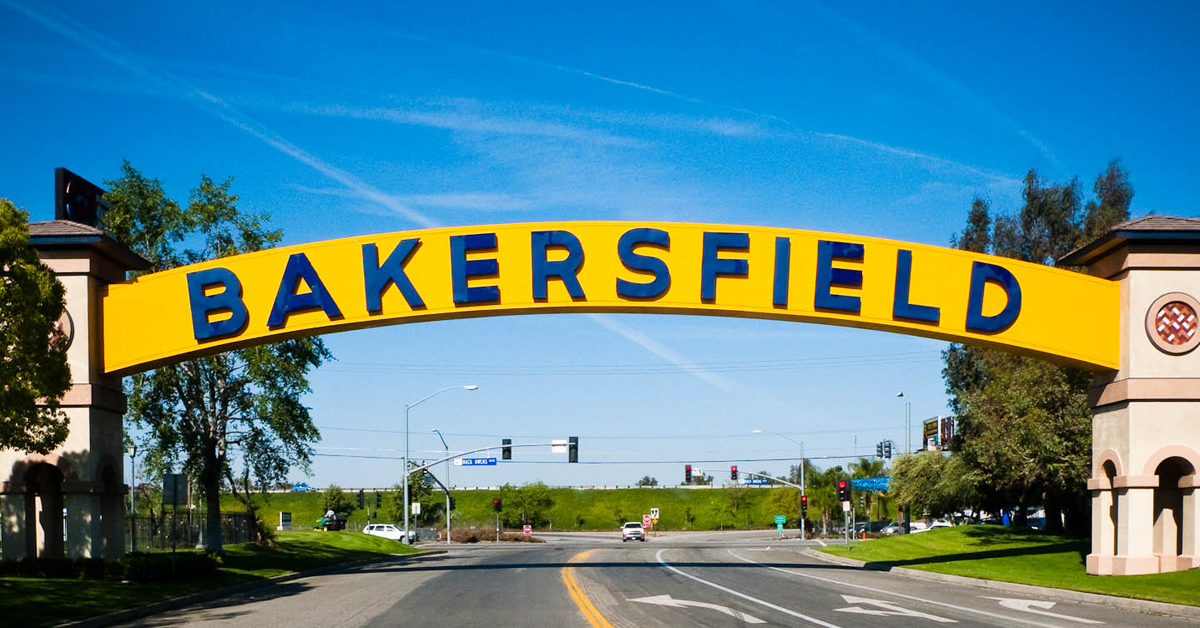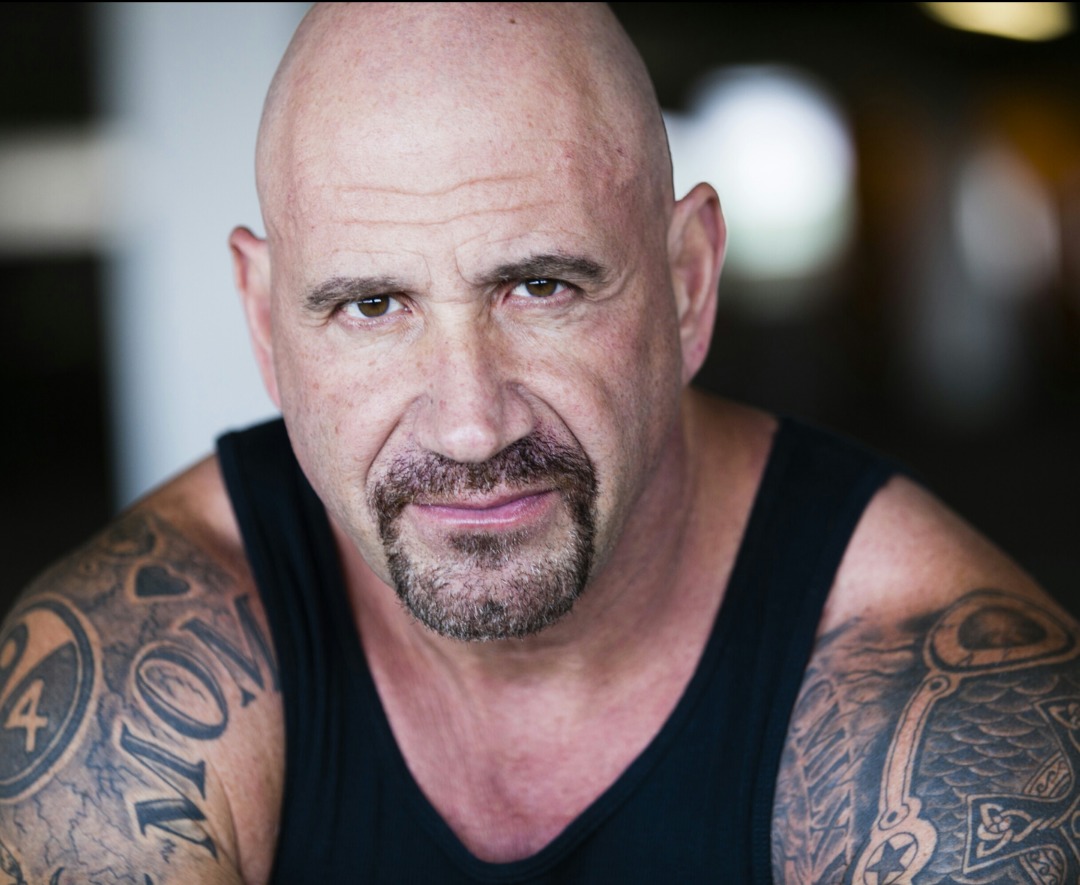Rep. Devin Nunes (R-Tulare) will retire at the conclusion of 2021, ending his 10th term in Congress early, his office informed constituents Monday afternoon, sending shockwaves through California’s political circles.
Shortly after the stunning announcement, the Trump Media and Technology Group, a new media firm backed by former President Donald Trump, announced that Nunes would become the chief executive of the firm starting in January.
“Congressman Devin Nunes is a fighter and a leader. He will make an excellent CEO of TMTG,” Trump said in a statement announcing the hire. “Devin understands that we must stop the liberal media and Big Tech from destroying the freedoms that make America great. America is ready for TRUTH Social and the end to censorship and political discrimination.”
The firm is launching with a new social media platform, TruthSocial, and other to-be-announced media properties.
“The time has come to reopen the Internet and allow for the free flow of ideas and expression without censorship,” Nunes said in the statement. “The United States of America made the dream of the Internet a reality and it will be an American company that restores the dream. I’m humbled and honored President Trump has asked me to lead the mission and the world class team that will deliver on this promise.”
His decision comes amid California’s hasty, and oft-chaotic, redistricting process which drastically reshaped the political map.
Current drafts would have seen Nunes running for a newly-drawn seat that merged the northeastern San Joaquin Valley and Sierra Nevadas, anchored by Turlock and Modesto and running from Lake Tahoe to Death Valley.
Nunes, a Tulare dairy farmer and former trustee of the College of the Sequoias, was first elected to Congress in 2002 over a crowded Republican field featuring a Republican Mayor of Fresno and state lawmakers after serving as the California State Director for the U.S. Department of Agriculture’s Rural Development section.
The Tulare native, an acolyte of former House Ways and Means Chairman Bill Thomas, quickly set is sights with a career goal of eventually taking the gavel once held by his mentor.
19 years later, he departs as the highest ranking Republican on House Ways and Means, forgoing the opportunity to take the chairmanship should Republicans recapture the House in 2022.
Nunes also quickly established himself as a new combatant in the California water wars, battling environmental lobbies aiming to pare back water deliveries to the San Joaquin Valley floor through two-pronged legislative and legal battles.
In the late Obama era, Nunes climbed through the ranks of the House Permanent Select Committee on Intelligence, ultimately earning the gavel in 2015 from former chair Mike Rogers (R–Mich.).
His leadership of the panel would take on an altogether different tenor amid the presidential transition and growing clamor over claims that the Russian government conspired to interfere in the 2016 presidential election and that its efforts were aided by key American actors.
Nunes navigated contentious public hearings on the matter and ultimately penned a widely-cited memorandum that asserted Federal officials relied on “politically motivated or questionable sources” to obtain Foreign Intelligence Surveillance Act warrants from the FISA court to spy on Americans involved in the 2016 election.
He also led the charge to excoriate senior Obama administration officials for engaging in illegal unmasking of redacted communications by Trump campaign officials obtained via the FISA process.
His role in the Russia investigation, coupled with wall-to-wall national media exposure in the early years of the Trump era, vaulted Nunes’ profile overnight from that of an otherwise run-of-the-mill committee chair to national figure.
It also turned Nunes into fundraising fodder for Democrats hoping to direct their ire at Trump, enabling Fresno County prosecutor Andrew Janz to haul in $9 million over the course of the 2018 midterm, Nunes’ most competitive race.
From there, Janz managed to spin off his campaign fundraising vehicle into the Voter Protection Project, a Federal PAC bolstering Congressional campaigns across the U.S.
Nunes’ own stock fundraising, however, rose ever-higher.
A prodigious fundraiser before reaching the national zeitgeist, Nunes established himself as the owner of one of California’s top war chests in the House, currently totaling $11.8 million.
Now, with a national figure out of Congress, and California’s political maps in disarray, a process of trying to fill the void left by an exiting career Congressman begins.
How will filling Nunes’ vacancy work?
California’s elections code provides that vacancies occurring before the filing deadline for an upcoming election should be filled via a special election.
Amid California’s redistricting, it begs the question: which district will be filled?
The answer: Nunes’ current seat, the 22nd Congressional district, which runs from north Fresno to Tulare County.
Per state law, Gov. Gavin Newsom is required to declare a special election within 14 days of the vacancy. Consensus estimates place that time at no later than Jan. 14, 2022.
The election must be held on a Tuesday between 126 and 140 days from that declaration.
As noted by GV Wire, California’s June 7 statewide primary election arrives within 180 days of the declaration making it the logical choice for a special election.
Given this, a primary election could be scheduled on April 5, 2022. If a single candidate wins a majority vote in April, they would be declared the winner and duly elected to Nunes’ current seat.
If no majority winner emerges in April, the special election heads to a run-off on the June 7 primary ballot.
Who will run to replace Nunes?
A growing list of candidates is undoubtedly likely to emerge in the coming days, but early names among Republicans include state and local lawmakers.
The 22nd Congressional District is currently rated by the Cook Partisan Voting Index as an “R+8” meaning that the district voted 8 percent more Republican than the United States as a whole.
In common parlance, the district would be considered a “Safe Republican” seat.
An open seat in a solidly Republican district being vacated by a GOP stalwart has opened the floodgates to potential candidates.
A spokesman for State Sen. Andreas Borgeas (R–Fresno) said that the California Senate Ag Committee Chairman was “strongly considering” taking the plunge for Nunes’ seat.
Asm. Devon Mathis (R–Visalia) tweeted out a congratulations to Nunes before adding: “To all those who have been reaching out, thank you, I appreciate you. The lines are not drawn yet, my eyes are open”
Other potential state legislators who could vie for the seat, but have yet to make their intentions public are Sen. Shannon Grove (R–Bakersfield), Asm. Jim Patterson (R–Fresno).
Local officials whose names have been floated include Fresno Mayor Jerry Dyer, Fresno City Council member Garry Bredefeld, Fresno County Supervisors Nathan Magsig and Steve Brandau, Tulare County Supervisor Pete VanderPoel and Tulare County Sheriff Mike Boudreaux.
Omar Navarro, a perennial opponent to Rep. Maxine Waters (D–Los Angeles) and noted scam PAC operator, announced he would be launching a campaign for Nunes’ seat.
In 2019, Navarro was charged by San Francisco prosecutors with felony stalking, criminal threats, attempted extortion, and misdemeanor violation of a restraining order.
He pleaded guilty to one charge and served six months in jail before being released.
For Democrats, Nunes’ exit spells an end to a dried-out fundraising appeal pioneered by Janz.
2020 Democratic contender and current candidate Phil Arballo quickly attempted to pivot appeals to his ability to flip the seat.
Arballo shouldered an 8-point defeat to Nunes last November.
Other Democrats who filed to run prior to Nunes’ announcement include Lourin Hubbard, Eric Garcia, and Jorge Sanchez Hernandez.
Monday, amid the bustle of news, State Sen. Melissa Hurtado (D–Sanger) tweeted that she received “many text messages of support” but mused “Let’s see what redistricting lines look like first?!”
What happens with the new district lines?
Therein lies the rub.
Redistricting adds a distinct wrinkle to the electoral jockeying behind the Nunes special election, as it is distinctly possible that a candidate may win the seat in April or June 2022 only to find themselves out of a job by December.
California’s Redistricting Commission is set to undertake a review of its draft maps of Congressional boundaries beginning Tuesday.
As of its pre-Veterans Day draft, the geography of the 22nd Congressional district was split into two different districts.
The northern half of Fresno and the City of Clovis were largely concatenated into a large, snaking district that stretches to southern Kern County, aptly named “Fresno-Kern.”
The Cook PVI formula rates the Fresno-Kern district as “R+13.”
The cities of of Visalia and Tulare were merged with the Fresno neighborhoods of Old Fig Garden and Sunnyside along with southern Fresno County communities along the Highway 41 and 99 corridors, into a district dubbed “Fresno-Tulare.”
This Fresno-Tulare seat also includes the cities of Hanford and Lemoore in Kings County.
Fresno-Tulare is rated “D+3” on the Cook PVI scale.
Should the lines to be cemented as drawn on Nov. 10, it’s safe to assume that House GOP Leader Kevin McCarthy (R–Bakersfield) would run for the expansive, Republican-rich Fresno-Kern seat.
That leaves a would-be Nunes successor with having to tussle for the Fresno-Tulare seat, which will see an 11-point swing in partisanship from the current 22nd Congressional district.
Or, a would-be Nunes successor could undertake the unenviable task: running in two, entirely disconnected Congressional districts simultaneously.
That path requires vying for the 22nd Congressional District and the far-more conservative mountain district running from Lake Tahoe to Death Valley at roughly the same time.
Much of the jockeying, ultimately, relies on the citizen-led redistricting panel, a body that spent much of the past week demonstrating a willingness to scrap its plans and rethink its map-making strategy for California State Assembly districts.
For now, pop some popcorn, San Joaquin Valley.
With a monumental earthquake out of the way, the aftershocks are on their way.











